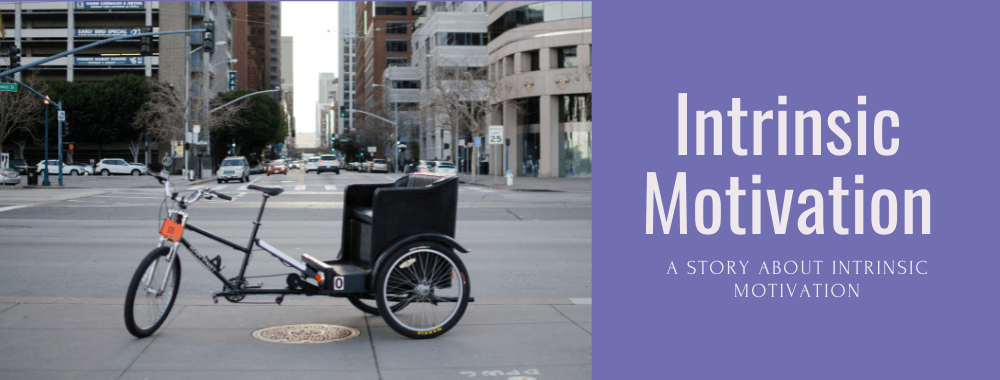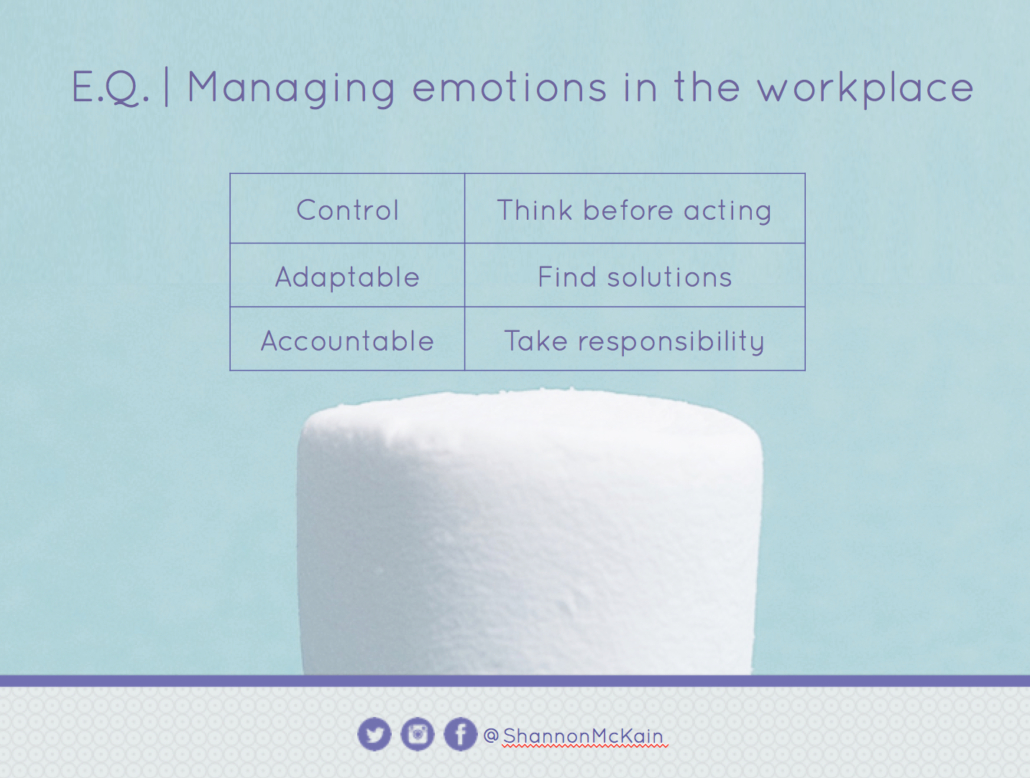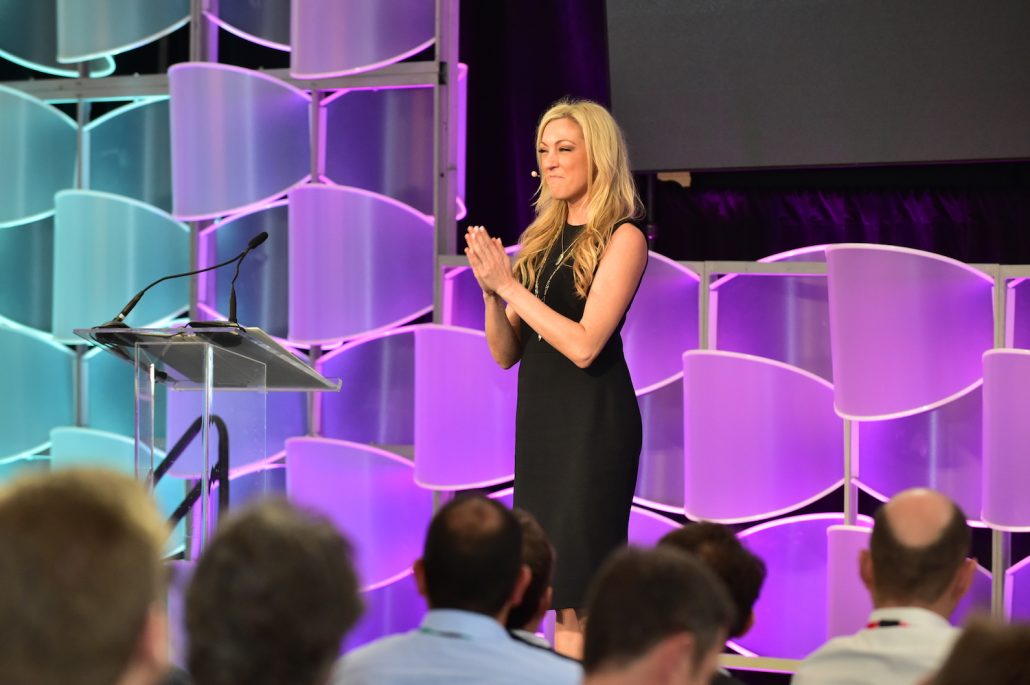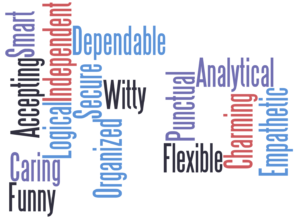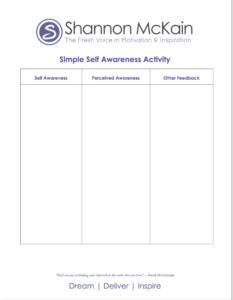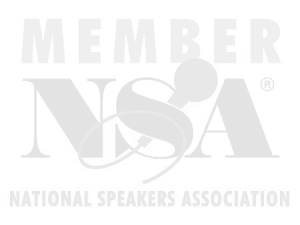2020 Vision
October 1st crept up on me.
Ahhhh, October. The leaves are changing. Pumpkin spice flavors appear on every menu. School is (usually) in full-swing. Football games consume our weekends, and annual trips to the pumpkin patch and apple orchards pepper our social media pages. It’s also the beginning of the last quarter of the calendar year…a subtle reminder that we’re running out of time to cross things off our “goals to finish this year” list.
I remember October 2019 like it was yesterday. My friends and I were enjoying pizza at Sixty Vines, a popular spot in Dallas. My event planner friend told the group how excited she was for her 2020 conference titled “Vision 2020.” It was going to be a huge conference with all the bells and whistles, and her company was planning an awesome celebration to culminate the event.
[Insert mic drop] If only we’d had 2020 vision a year ago.
Like you, I had audacious goals for 2020. This was going to be MY year. I was slated to speak at more conferences than ever before. I debuted a new keynote in December 2019 that was very well-received and I had to plans to expand my business.
And then, March happened. The virus and pandemic changed everything we knew about our ways of life.
The last seven months have been strange, and over the last few weeks, I’ve been thinking a lot about my goals from January 1st. I had many New Year’s resolutions, hopes and dreams, and was determined to take my work ethic to a new level this year. I realized that even though October sneaked up on me, it’s not too late to make 2020 the year I had intended it to be.
Together, let’s vow to be intentional with the last three months of the year. Here’s my plan.
If you follow me on social media, you know I swear by the Best Self Journal. It categorizes three important goals into 13 weeks to divide and conquer. So, I just started a new journal and set some attainable goals:
Write 6-8 blog posts between now and December 31
Create 4-6 new YouTube videos between now and December 31
Start building an online course that goes along with my new keynote
If you had to sit down today and write out three major goals for yourself, what would they be? I’d love to hear yours. Send me an email or tag me in your post so I can see!
Let’s fight to finish this year strong! Work toward that career move you wanted prior to the pandemic. If you are a leader in your organization, find a way to build unity and strength with your team. But no matter what, let’s not waste these last three months. We still have an opportunity to show up for our careers, our spouses, our families and our friends in all the best ways. A new normal doesn’t mean giving 50%. Let’s give these next 180 days all we’ve got.
PS – if you want to buy a journal, I still have a code to get 15% off! Use “ShanDance” at checkout.
Looking for your next Keynote Motivational Speaker? Let’s chat!
Shannon is a motivational speaker and business consultant based in Dallas, TX. She has worked in almost all 50 states with audiences ranging from corporate executives to student leaders.





